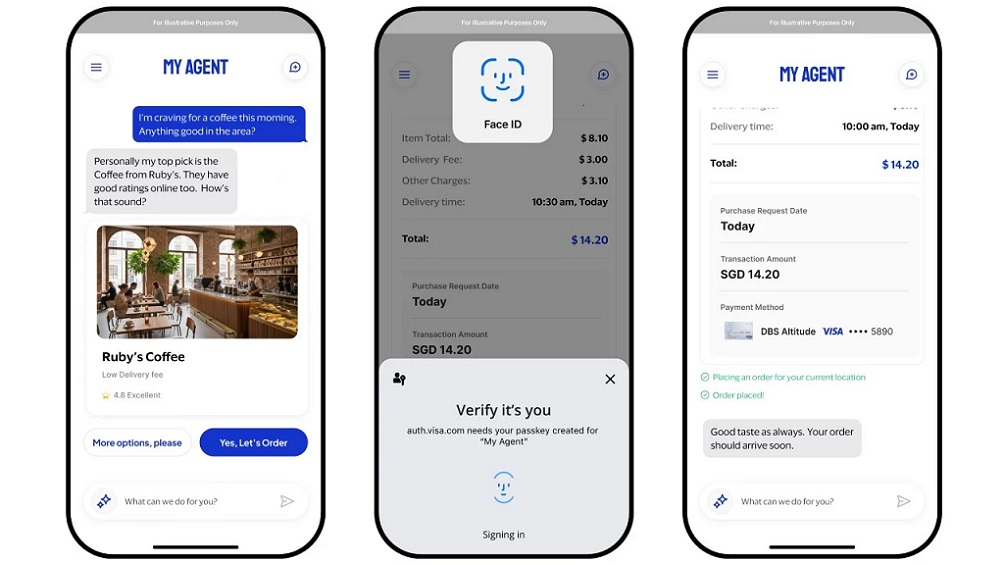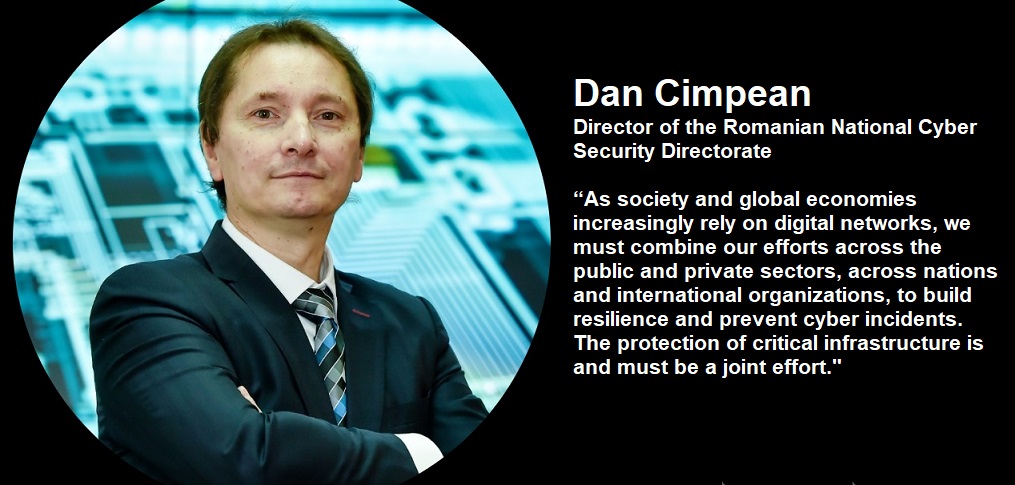Oracle unveiled the enterprise software industry’s first AI – driven security and risk management solution

Advanced Access Controls parlay AI to help finance teams bolster security and risk analysis.
To help protect customers from ever-increasing fraud and security threats, Oracle unveiled the enterprise software industry’s first AI—driven security and risk management solution. Designed specifically for Oracle Enterprise Resource Planning (ERP) Cloud, Oracle Risk Management Cloud’s new Advanced Access Controls enable organizations to continuously monitor for segregation of duties (SOD), financial compliance (SOX), privacy risks, proprietary information and payment risks.
The new controls embed self-learning, artificial intelligence (AI) techniques to constantly examine all users, roles and privileges against a library of active security rules. The offering includes more than 100 best practices (configurable rules) across general ledger, payables, receivables and fixed assets.
“As the pace of business accelerates, organizations can no longer rely on time-consuming manual processes, which leave them vulnerable to fraud and human error,” said Laeeq Ahmed, managing director at KPMG. “With adaptive capabilities and AI, products such as Oracle Risk Management Cloud can help organizations manage access controls and monitor activity at scale to protect valuable data and reduce exposure to risk.”
Key benefits of AI-driven Security & Risk Management include:
. Continuous protection: Constant monitoring of user and application activity
. Instant best practices: More than 100 proven ERP security rules
. Self-learning: Embedded AI and self-learning for precise results
. Augmented incident response: Ensures that issues are directed to analysts for tracking, investigation and closure
“On-going disruption in the marketplace and regulatory landscape presents continually evolving operational and financial risks,” said Bill Behen, principal at Grant Thornton. “Oracle’s unique approach to risk management and expertise applying AI technology enables organizations to securely move to the cloud and continuously protect their business from a host of external and internal threats.”
„The pre-packaged audit-approved security rules automate access analysis during the role design phase to significantly accelerate ERP implementations. In addition, the intuitive workbench, visualization and simulation features within Advanced Access Controls make it easy to add new rules and further optimize user access. Once live, the solution continuously monitors and automatically routes incidents to security analysts.”, according to the press release.
To help customers analyze complex, recursive and dynamic security data across all users, roles and privileges, Advanced Access Controls uses graph-based analysis and self-learning algorithms. „This enables organizations to accurately and reliably review and visualize the entire path by which any user is able to access and execute sensitive functions.”, the company said.
“Advanced Access Controls automate the time-consuming analysis needed to protect business data from insider threats, fraud, misuse and human error,” said Sid Sinha, vice president of Risk Management Cloud Product Strategy, at Oracle. “This service is part of an integrated, practical solution to effectively protect information in business applications using the latest data analysis and exception management techniques.”
Dariusz Mazurkiewicz – CEO at BLIK Polish Payment Standard
Banking 4.0 – „how was the experience for you”
„To be honest I think that Sinaia, your conference, is much better then Davos.”
Many more interesting quotes in the video below:










